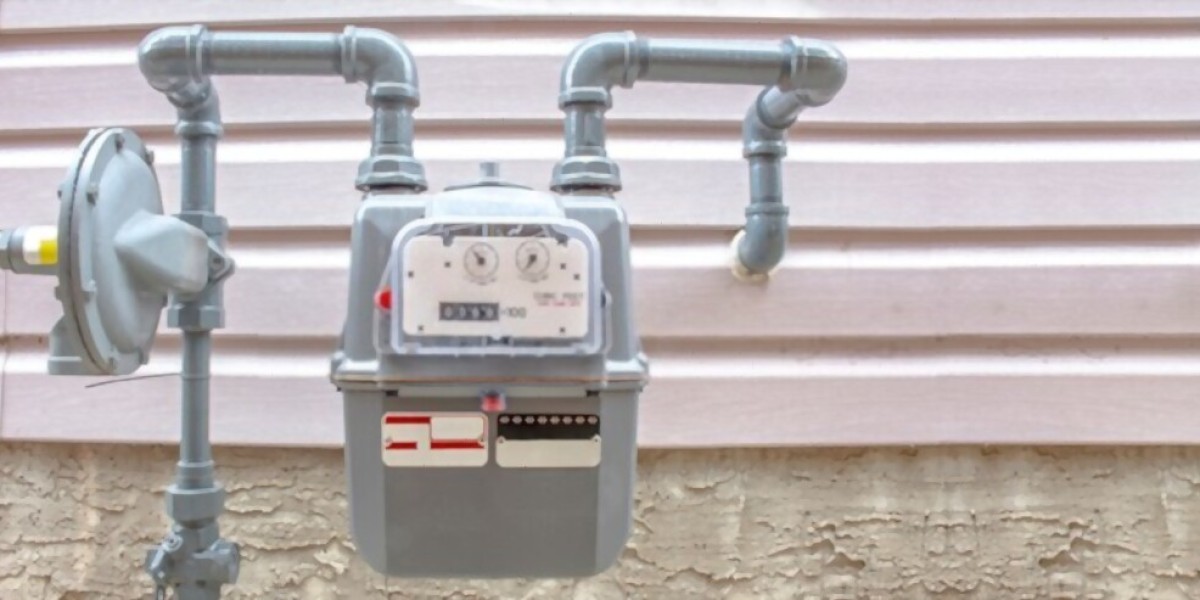In today's world, where energy efficiency and sustainability have become paramount, the need for accurate and insightful energy analytics is greater than ever. As residential gas consumption plays a significant role in overall energy usage, it is essential to have reliable tools for measuring and analyzing gas consumption patterns. The residential diaphragm gas meter is one such tool that is revolutionizing energy analytics.
Understanding Diaphragm Gas Meters
Before delving into the benefits of a diaphragm gas meter, let's first understand what it is. A diaphragm gas meter is a device used to measure the volume of natural gas or propane consumed by a residential property. It consists of a metal diaphragm that flexes as gas flows through it, enabling accurate measurement of gas usage. These meters are typically installed at the point of entry of gas supply into a residential building and are commonly found in homes, apartments, and small businesses.
Accurate Gas Consumption Measurement
One of the primary advantages of a diaphragm gas meter is its ability to provide precise measurements of gas consumption. Unlike older gas meters, which relied on less accurate measurement mechanisms, diaphragm gas meters offer higher levels of accuracy, ensuring that homeowners receive reliable data about their gas usage. Accurate measurements are vital for energy analytics, as they form the foundation for identifying consumption patterns and detecting any anomalies that may indicate energy wastage or inefficiencies.
Real-Time Data Monitoring
A residential diaphragm gas meter is often equipped with advanced smart technology that enables real-time data monitoring. These smart meters can transmit gas consumption data directly to homeowners and utility companies, eliminating the need for manual meter readings. By having access to real-time data, homeowners can gain valuable insights into their gas usage patterns on a daily, weekly, or monthly basis. This information allows them to track trends, identify peak consumption periods, and adjust their energy usage accordingly to optimize efficiency and reduce costs.
Identifying Energy Inefficiencies
Energy analytics involves analyzing energy consumption patterns to identify areas of inefficiency. A diaphragm gas meter, combined with energy analytics software, can provide detailed information on how and when gas is being consumed. By leveraging this data, homeowners can identify inefficiencies, such as appliances or systems that are consuming excessive gas or irregular consumption patterns that indicate leaks or equipment malfunctions. With this knowledge, they can take proactive measures to rectify the issues, optimize energy usage, and reduce their carbon footprint.
Budgeting and Cost Management
Another benefit of incorporating a diaphragm gas meter into energy analytics is its contribution to effective budgeting and cost management. By having access to accurate and real-time gas consumption data, homeowners can monitor their usage patterns and estimate future gas bills more accurately. This information empowers them to make informed decisions about their energy usage, set realistic energy-saving goals, and take measures to achieve them. Moreover, the ability to identify energy inefficiencies through analytics can lead to significant cost savings by minimizing wasteful consumption and avoiding unnecessary expenses.
Facilitating Sustainable Living
Sustainability is a global priority, and residential energy consumption plays a crucial role in the overall carbon footprint of a community. By enhancing energy analytics, diaphragm gas meters enable homeowners to contribute to sustainable living. Armed with insights into their gas usage patterns and inefficiencies, homeowners can make conscious choices to reduce their environmental impact. They can implement energy-saving practices, invest in energy-efficient appliances, or explore renewable energy options such as solar or geothermal systems. The combination of accurate data and energy analytics empowers homeowners to become active participants in the global sustainability movement.
Conclusion
The integration of a residential diaphragm gas meter into energy analytics is a game-changer for homeowners seeking to enhance their energy efficiency and reduce costs. With accurate and real-time gas consumption data, homeowners can gain valuable insights into their usage patterns, identify inefficiencies, and make informed decisions about their energy consumption. By leveraging this information, they can optimize energy usage, lower their carbon footprint, and contribute to a more sustainable future. The residential diaphragm gas meter is a valuable tool in the quest for energy efficiency and analytics, empowering homeowners to take control of their energy usage like never before.



